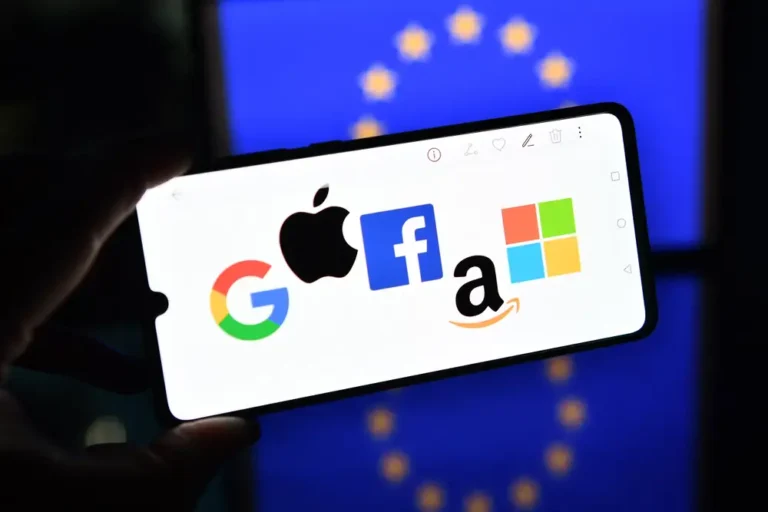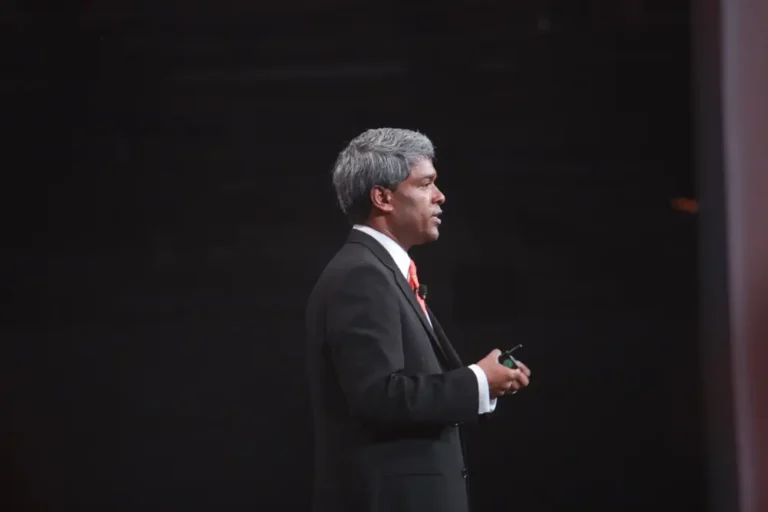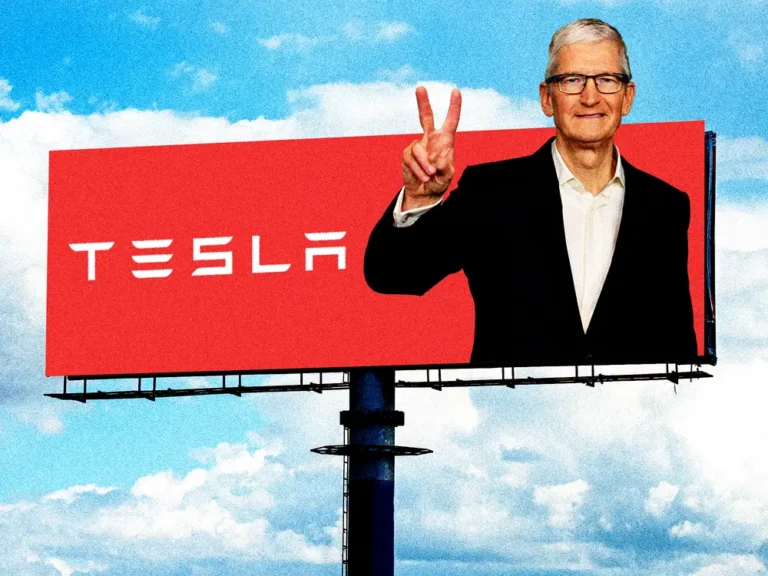Telegram’s reported finances reveal a pretty small business with an uncertain future

Telegram CEO Pavel Durov has a very small workforce, but that may have to change.
This week French authorities charged Telegram CEO Pavel Durov with multiple crimes. But in the months before that, he was telling people he might take his company public, and floated a $30 billion valuation for his messaging/social media company, which boasts more than 900 million users.
Now the Financial Times says it has gotten a look at Telegram’s 2023 finances, and those numbers make it very hard to imagine the company could convince people it’s worth anything like $30 billion — even if its founder and CEO wasn’t looking at jail time.
The big headline numbers: Last year Telegram lost $108 million on revenue of $342 million, according to the FT.
It’s not uncommon for fast-growing consumer tech companies to be money losers when they go public. Twitter did that in 2012, and Reddit did it this year.
The bigger red flag for Telegram is the reported makeup of its business: While it makes a modest amount of money from conventional social media vectors — advertising and premium subscriptions — it makes 40% of its total from crypto services, the FT reports. It operates a digital “wallet” where users can store crypto coins and the like, and it sells digital collectibles, like usernames, to its users. And that business seems to run primarily on Toncoin, a cryptocurrency originally built by Telegram.
The whole setup, as the FT notes, makes it seem like Telegram is “a crypto firm with a sideline in messaging.” Telegram didn’t respond to a request for comment.
You can build a real business as a crypto trading hub, and that can be quite valuable: see Coinbase, currently worth some $45 billion.
But asking investors to decide if Telegram is a social media company like Twitter, a messaging app like Whatsapp, or… something else, fueled by a semi-obscure digital coin, would be a real ask.
And that’s before you get to the issue of Durov’s proposed valuation, and Telegram’s very modest existing business, which don’t sync up at all. Coinbase, for instance, eked out a small profit last year on revenues of $2.9 billion. Twitter, prior to Elon Musk’s 2022 purchase, had been worth around $25 billion, and was doing around $5 billion a year. Reddit, currently worth $10 billion, did $800 million last year. It’s really hard to see how Telegram’s $342 million stacks up to those.
Presumably any bankers working Telegram’s theoretical IPO would play up the idea that while Telegram’s top line is fairly modest, it is doing all of that with a teeny tiny staff of about 50 people. And that would give the company the ability to produce truly magnificent margins, one day, as the business matures.
But that will be a much harder sell after this month.
While we still don’t fully understand the French case against Telegram, it seems to center around the company’s deliberate policy of doing almost zero moderation, and an alleged unwillingness to comply with government requests to fight illegal behavior on the platform.
Durov has said Telegram’s no-moderation, no-compliance stance is a political/theological one. But it also has a real business component: As every big social network has learned, keeping an eye on what happens on your platform, and dealing with regulators who want a say about that, is a very expensive proposition that involves paying lots of humans. Right now, Durov doesn’t have to worry about that.
But if Durov wants to placate the French government — and maybe others who are looking at similar charges — he may very well have to agree to change the way he runs his business and hire a lot more people.
Who knows? Maybe that would make it more valuable in the long run. But it would definitely ding the company’s P&L in the near-term.






